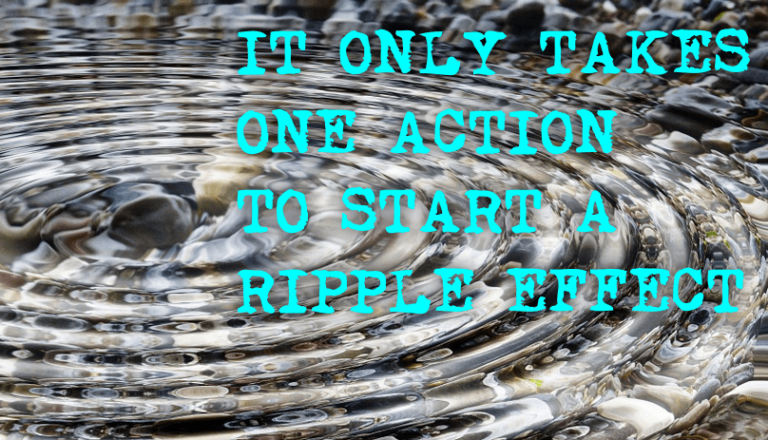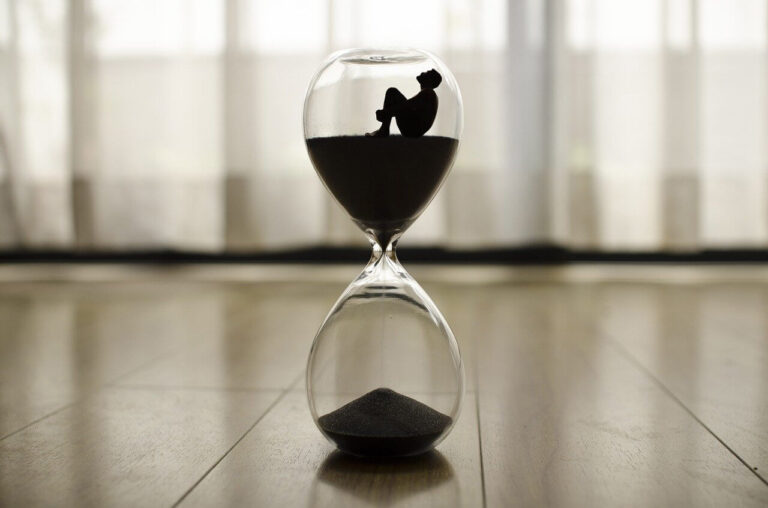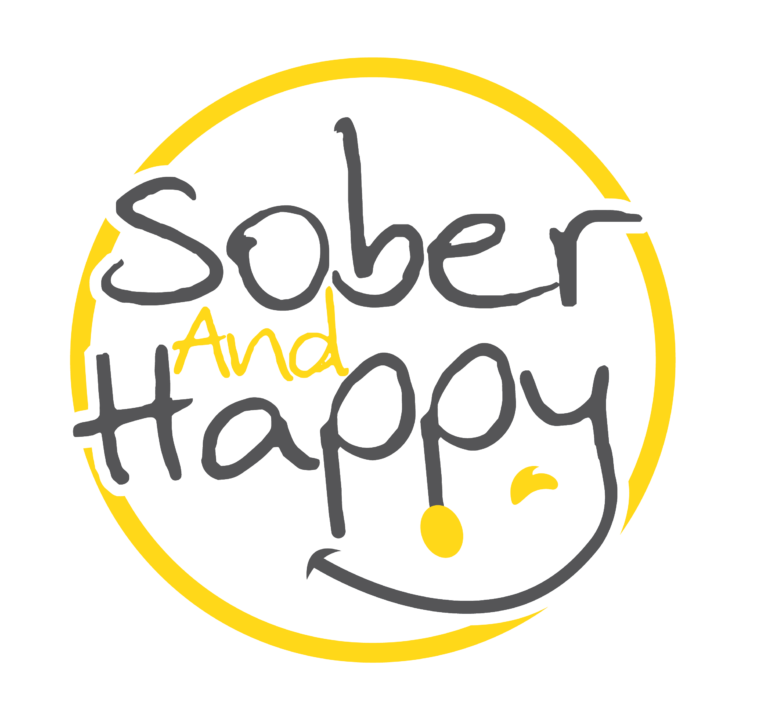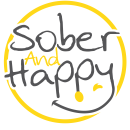Breaking the Cycle: Preventing Relapse and Building a Life of Lasting Recovery
It’s a common refrain in recovery circles: “Relapse is part of recovery.” But is it really? While many people struggle with relapses, they don’t have to be a part of your story going forward. I remember my own early attempts to quit drinking—half-hearted tries that led to quick failures. It wasn’t until a deeper mindset shift occurred that I found lasting sobriety. This is a journey not just of quitting but of transforming your life, and today, we’ll explore how to prevent relapses and build a fulfilling, sober life.
Relapse can feel like a frustrating inevitability in recovery, but it doesn’t have to be. By understanding common causes, recognizing warning signs, and making meaningful changes, you can break the cycle.
In this article, we’ll explore the top causes of relapse, strategies to address them, and how to focus on creating a future that inspires you to stay sober.
The Top Causes Of Relapse
- A Lack Of Commitment To Sobriety. One of the most common causes of relapse is a lack of full commitment to recovery. When I first attempted to quit drinking, I told myself I was “taking a break” or “trying to stop.” These half-measures left the door open for failure. It wasn’t until I decided to fully commit—no matter what—that I began to see lasting change.
- Action Step: Shift your mindset. Start saying, “I don’t drink,” instead of “I’m trying to quit.” Speak and act as if you are the person you want to become. This small change can have a powerful impact on your commitment to sobriety.
- Not Letting Go of the Old Life. Relapse often happens when we try to remove alcohol but keep everything else in our lives the same. Old habits, places, and even people can pull us back into the cycle. Early in recovery, it’s crucial to let go of the things that tied you to your addiction, even if it feels like a loss.
- Action Step: Focus on growth. While it may feel like you’re giving up things you love, those were often tied to the old version of yourself. Embrace the opportunity to discover new hobbies, interests, and relationships that align with your sober life.
- Focusing on the Future Instead of the Past. Many of us in recovery get stuck looking in the rearview mirror, focusing on past mistakes and what we’re giving up. But true recovery comes from looking forward to the opportunities and growth ahead.
- Action Step: Start envisioning the person you want to become. What does your ideal life look like? What goals can you set to move toward that vision? By shifting your focus from the past to the future, you’ll find renewed motivation.
- Not Addressing Underlying Issues. Addiction is often a symptom of deeper issues like unresolved trauma, guilt, or shame. Simply removing alcohol without addressing these root causes can leave you vulnerable to relapse or substitute addictions.
- Action Step: Seek help through therapy, support groups, or self-development resources. Identifying and working through these underlying issues is a critical step in preventing relapse and building emotional resilience.
- Ignoring Lessons from Past Relapses. Relapse can be a powerful teacher if you’re willing to examine it closely. Patterns, triggers, and unaddressed issues often surface when you look at what led to a relapse. This knowledge can help you make necessary changes to avoid repeating the cycle.
- Action Step: Reflect on past relapses. What patterns or warning signs were present? What could you do differently next time? Use these insights to develop a proactive plan for managing similar situations in the future.
- Engaging In Destructive Behaviors. When we don’t address the underlying causes of addiction, it’s easy to shift to other destructive behaviors. This can create new problems and even lead back to the original addiction.
- Action Step: Be mindful of how you cope with challenges and emotions. Develop healthy habits like exercise, journaling, or connecting with others in recovery. These practices can help fill the void left by your addiction and prevent substitute behaviors.
Relapse doesn’t have to define your recovery journey. By committing fully to sobriety, letting go of the old life, focusing on your future, addressing root causes, and learning from past mistakes, you can build a life free from relapse. Recovery isn’t just about quitting; it’s about creating a life so fulfilling that you never want to return to the pain of addiction.
If you’re ready to take the next step in your recovery journey, listen to the full episode of the Sober and Happy podcast. In it, we dive deeper into each of these topics and share actionable steps for creating a lasting, fulfilling sober life.














